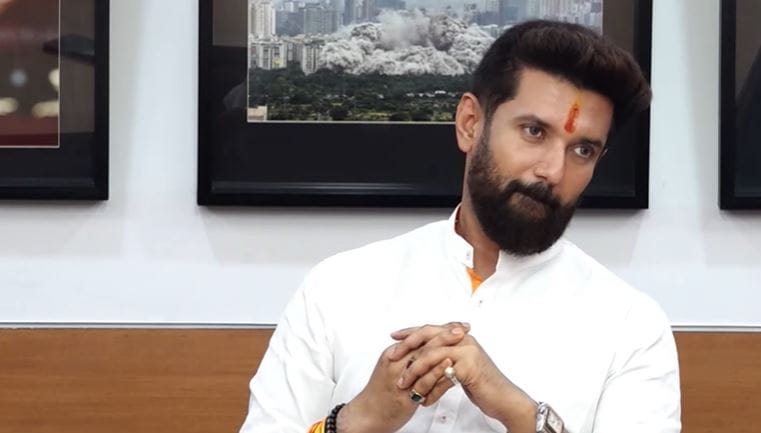Chirag Paswan Challenges Supreme Court Verdict on Dalit Sub-Groups
Paswan’s Opposition to Supreme Court’s Verdict
On August 3, 2024, Union Minister Chirag Paswan voiced strong opposition to the Supreme Court’s recent ruling permitting states to establish sub-groups within Scheduled Castes (SCs) for a share of the 15% quota allocated to them. Paswan, representing the Lok Janshakti Party (Ram Vilas), announced plans to appeal the verdict, asserting that it undermines efforts to uplift the socially marginalized groups historically affected by untouchability practices.
In a press conference held in Patna, Paswan criticized the decision, arguing that it could lead to a situation where a “creamy layer” benefits from the SC quota, thereby defeating its intended purpose. He emphasized that the inclusion of sub-groups within the SC category would not effectively address the needs of the most disadvantaged members of the community.
The Implications of Sub-Groups within SC Quotas
Paswan’s critique centers around the notion that creating sub-groups within the 15% SC quota could lead to a dilution of resources meant for the most marginalized. He expressed concern that this move might exacerbate existing inequalities within the SC community. According to Paswan, the practice of untouchability continues to afflict many SC individuals, regardless of their economic status or access to education. Therefore, he believes that the Supreme Court’s decision fails to address the root issues of discrimination and social exclusion.
Paswan’s stance is particularly notable given his family’s legacy in advocating for Dalit rights. His late father, Ram Vilas Paswan, was a prominent Dalit leader who championed the cause of social justice. The current controversy brings into focus the ongoing challenges in addressing caste-based inequalities and highlights the complex interplay between legal decisions and social justice policies.
Debate Over Caste Census and Policy Implications
In addition to his opposition to the Supreme Court’s ruling, Paswan addressed the broader issue of caste census. He supported the call for a caste census, a demand championed by various political figures, including Leader of the Opposition Rahul Gandhi. However, Paswan argued that the results of such a census should remain confidential and be used solely for policy formulation rather than public disclosure. This position underscores a nuanced approach to data privacy and policy-making in the context of caste-based social dynamics.
Paswan’s reluctance to publicly disclose census findings reflects concerns about potential misuse or misinterpretation of sensitive data. He advocates for a pragmatic use of this data to craft effective policies that address the needs of marginalized communities without fueling divisive rhetoric.
Summary
Chirag Paswan’s opposition to the Supreme Court’s verdict on Dalit sub-groups underscores a critical debate on caste-based quotas and social justice. His planned appeal against the ruling highlights concerns about potential inequities within the SC quota system and the ongoing challenges in addressing untouchability. Paswan’s nuanced stance on the caste census further reflects his commitment to using data for informed policy-making while maintaining privacy.
Key Learning Points
| Point | Detail |
|---|---|
| Verdict Opposition | Chirag Paswan opposes the Supreme Court’s ruling on sub-groups within SC quotas. |
| Impact on Marginalized | The ruling could benefit a “creamy layer,” failing to uplift the most marginalized SC members. |
| Legacy and Advocacy | Paswan’s position continues his family’s legacy in advocating for Dalit rights and social justice. |
| Caste Census Position | Supports a caste census but believes results should be kept confidential for policy use. |
| Policy Implications | Emphasizes the need for data-driven policies that address caste-based inequalities effectively. |
Soumya Smruti Sahoo is a seasoned journalist with extensive experience in both international and Indian news writing. With a sharp analytical mind and a dedication to uncovering the truth, Soumya has built a reputation for delivering in-depth, well-researched articles that provide readers with a clear understanding of complex global and domestic issues. Her work reflects a deep commitment to journalistic integrity, making her a trusted source for accurate and insightful news coverage.



